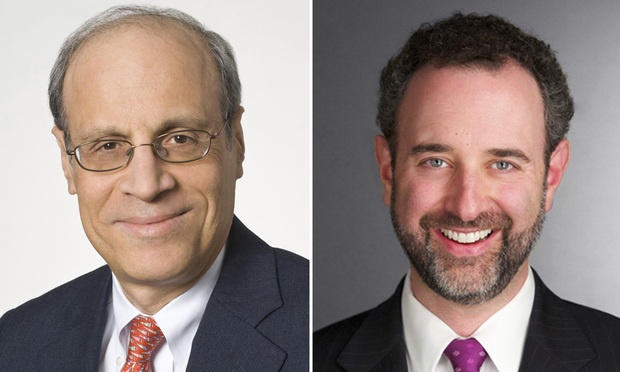Some patents define the boundaries of their inventions using qualitative terms of degree, rather than quantitative measures. Patents must, however, reasonably inform skilled readers about what is within and what is outside the scope of their claims, and terms of degree can be subjective. In Sonix Technology v. Publications International, the Federal Circuit found that the claim term “visually negligible” was not “purely subjective,” and thus was not indefinite, 844 F.3d 1370 (Fed. Cir. 2017). Likewise, in One-E-Way. v. International Trade Commission, the Federal Circuit held that the claim term “virtually free from interference,” viewed in light of the specification and prosecution history, was not indefinite, 859 F.3d 1059 (Fed. Cir. 2017).
We report here on the impact of these cases on the interpretation of terms of degree in patent claims, providing guidance for practitioners.


 Lewis R. Clayton and Eric Alan Stone
Lewis R. Clayton and Eric Alan Stone
